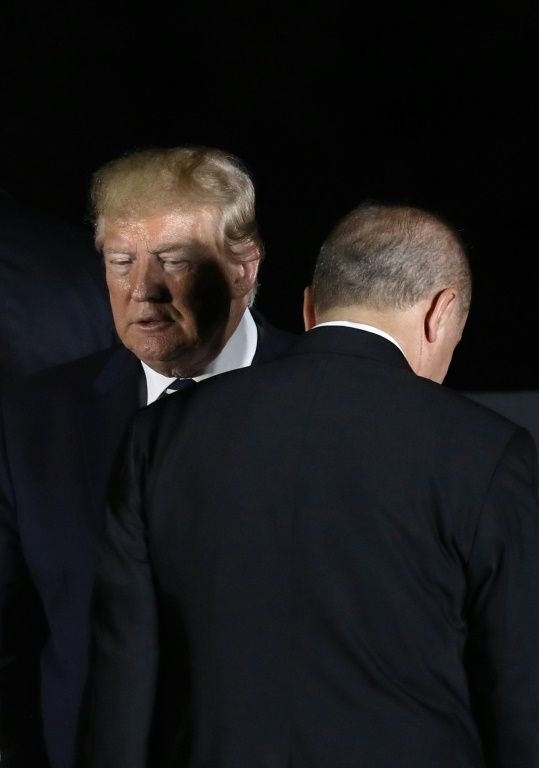50,000 Migrants Expelled From Istanbul Since July

Turkey said Friday it had expelled close to 50,000 migrants from Istanbul, including more than 6,000 Syrians, since the start of a crackdown on undocumented immigration.
The Istanbul governor's office said 42,888 "illegal" migrants had been arrested and sent to repatriation centres with a view to removing them from Turkey, without giving their nationalities.
It said 6,416 Syrians had been placed in "temporary refuge centres".
A campaign from July through to the end of October was aimed at reducing the number of unregistered refugees in Turkey's biggest city and economic hub.
The country hosts some 3.6 million Syrian refugees -- more than any other country -- though technically they are only under "temporary protection" because the government does not offer them formal refugee status.
Under the system, they must stay in the province to which they were initially assigned, and can only visit other cities with short-term passes.
Officials said in July that 547,000 Syrians were officially registered in Istanbul, and that no new registrations were being accepted.
Interior Minister Suleyman Soylu said at the time that the aim was to expel 80,000 undocumented migrants by the end of the year.
Turkey has faced limited social problems despite the refugee influx from the eight-year conflict in its southern neighbour.
But an economic downturn has sharpened tensions, and analysts say the refugee issue likely contributed to the ruling party's surprise defeat in the Istanbul mayoral election this year.
President Recep Tayyip Erdogan has sought to defuse the issue with plans to create a "safe zone" in northern Syria to which refugees can return, though rights groups have cast doubt on the feasibility of the plan.
Human Rights Watch and Amnesty International are among several groups to accuse Turkey of repatriating Syrian refugees against their will -- which the government has denied.
© Copyright AFP 2024. All rights reserved.




















